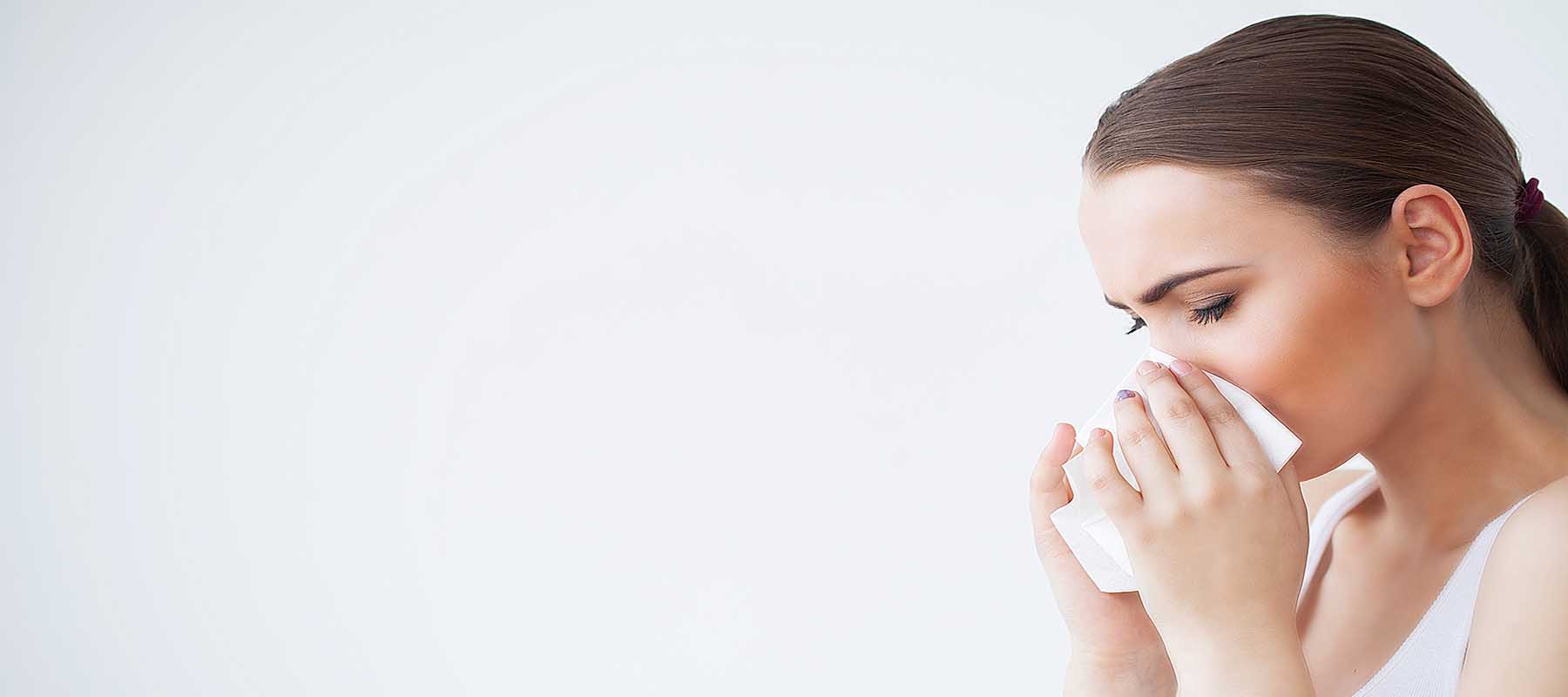A few questions we get fairly often are about mold spores in the air all the time and which ones are allergenic. Like pollens, mold spores are airborne allergens that are abundant, inside as well as outside, easily carried by air currents, and allergenic in their chemical makeup.
Found almost everywhere, mold spores in some areas are so numerous they often outnumber the pollens in the air.
Fortunately, however, only a few dozen different types of mold spores are significant allergens. In general, Alternaria and Cladosporium (Hormodendrum) are the molds most commonly found both indoors and outdoors throughout the United States. Aspergillus, Penicillium, Helminthosporium, Epicoccum, Fusarium, Mucor, Rhizopus, and Aureobasidium (Pullularia) are also common.
Are there mold spore-related disorders?
Fungi or microorganisms related to them may cause other health problems similar to allergic diseases. Some kinds of Aspergillus may cause several different illnesses, including both infections and allergies. These fungi may lodge in the airways or a distant part of the lung and grow until they form a compact sphere known as a “fungus ball.”
In people with lung damage or serious underlying illnesses, Aspergillus may grasp the opportunity to invade the lungs or the whole body. In some individuals, exposure to these fungi also can lead to asthma or to a lung disease resembling severe inflammatory asthma called allergic bronchopulmonary aspergillosis.
This latter condition, which occurs only in a minority of people with asthma, is characterized by wheezing, low-grade fever, and coughing up brown-flecked masses or mucus plugs. Skin testing, blood tests, X-rays, and examination of the sputum for fungi can help establish the diagnosis. Corticosteroid drugs are usually effective in treating this reaction; immunotherapy (allergy shots) is not helpful.
IAQ Regulations and Mold Spores
Standards or Threshold Limit Values (TLVs) for airborne concentrations of mold, or mold spores, have not been set. Currently, there are no EPA regulations or standards for airborne mold contaminants.
Up Next – Multiple Chemical Sensitivity (MCS)
Till next time
Cheryl
Allergy Store – Helping customers since 1989
800 771-2246
